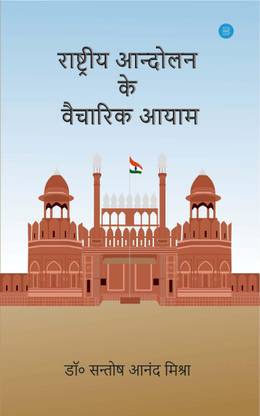Revolutionary Master Amichand (1884-17 November 1915)
Introduction
The Indian freedom struggle is full of stories of many heroes. Some names have been recorded in golden letters in the pages of history, but there were many revolutionaries who sacrificed their lives for the country but could not get the respect they deserved. One such revolutionary was Master Amichand. His contribution was associated with secret revolutionary movements, especially the Ghadar movement, and he sacrificed his life to liberate the country.
Early life
Master Amichand was born in the year 1884 in the Punjab province of British India. He belonged to a middle-class family and worked as a teacher (Master), due to which he was known by the title of 'Master'. He had a deep penetration in the field of education, and he taught his students not only bookish knowledge, but also the lesson of patriotism and social consciousness.
Patriotism and revolutionary consciousness
From the very beginning, Amichand was against the inequality prevailing in Indian society, the cruel policies of the British rule and repression. He was influenced by the ideas of Arya Samaj and considered social reform and national service paramount. Along with education, he used to organize the youth and inspire them to participate in agitational activities against the British rule.
He became an active member of the Gadar Party, whose aim was to liberate India from British rule through armed revolution. Master Amichand helped give concrete shape to revolutionary plans in India by establishing contacts with Indians living abroad, especially Punjabis settled in Canada and America.
Gadar movement and the role of Master Amichand
The Gadar Party, formed in 1913, wanted to end the British rule through a revolution in India. The First World War (1914) was seen as a weakness of the British government and at this time the Gadaris planned an armed rebellion in India. Master Amichand was one of the main architects of this movement in Punjab.
He propagated revolutionary literature, helped in arranging arms and organized soldiers for revolt against the British. His plan was to inspire Indian soldiers of the British Indian Army to revolt. Unfortunately, this plan came to the notice of the British Intelligence Department and Master Amichand was arrested along with many leaders.
Arrest and Sacrifice
The British government tried Master Amichand for treason and conspiracy. He was convicted in the 'Lahore Conspiracy Case'. He was subjected to terrible atrocities during the trial but he did not give information about his comrades. His resolve and courage remained unwavering.
Ultimately he was hanged on 17 November 1915. His sacrifice strengthened the foundation of India's independence even more.
Legacy and remembrance
Master Amichand may be far from the memory of the common people today, but the saga of his sacrifice and patriotism is an invaluable heritage of the Indian freedom struggle. His contribution to the history of Punjab and the revolutionary movement is unforgettable. His life teaches that real education is that which is used in the service of society and nation.
Conclusion
Master Amichand was a revolutionary who made education a medium of movement and sacrificed his life to liberate his country. His name comes among those unsung heroes because of whom India could become independent.













0 Comments
Thank you